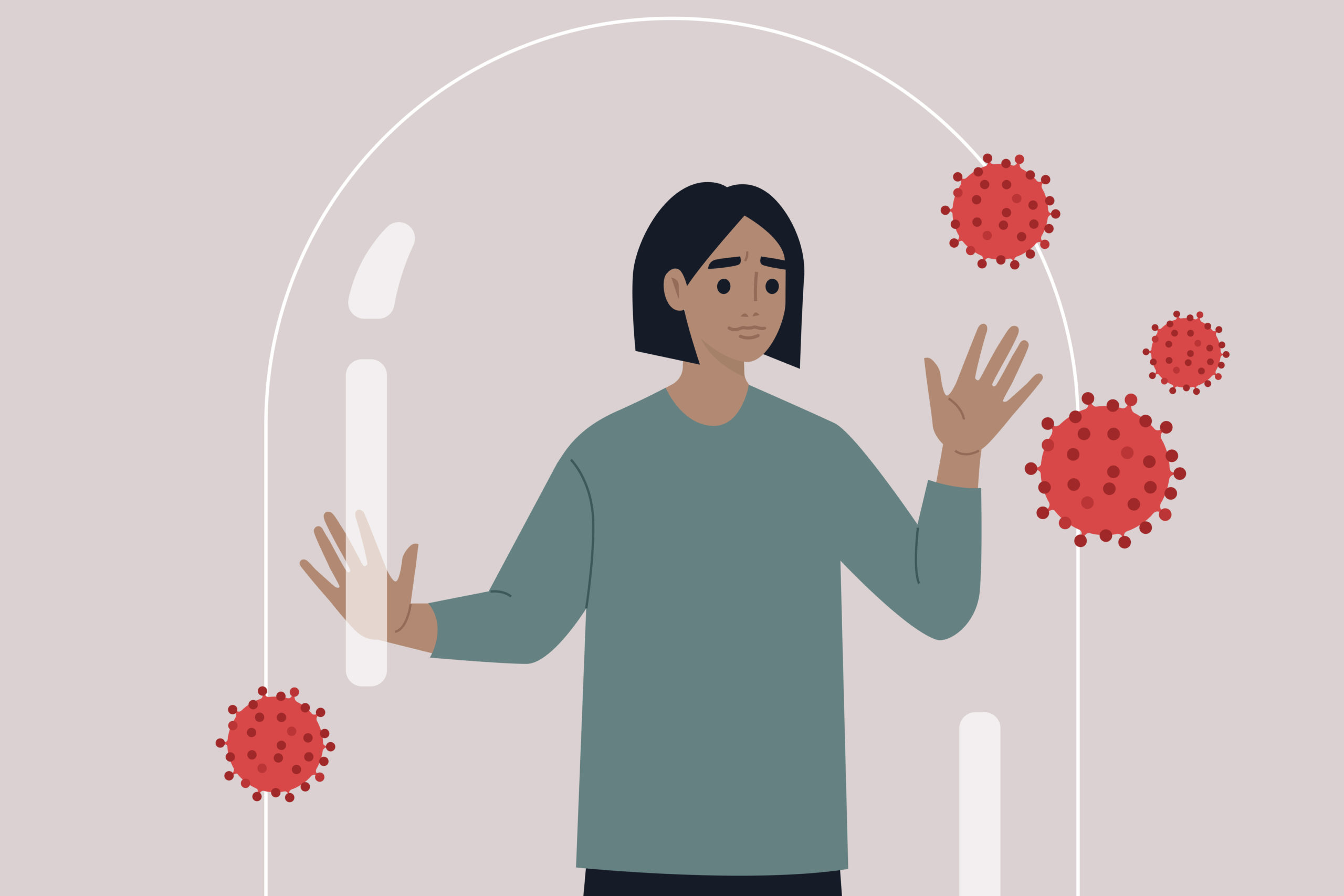Menopause affects half the population and no amount of fame or money can make you exempt. As part of a week-long series dedicated to the menopause at the BBC, we reveal how celebrities have tackled this transition in their own ways:
Jane Seymour, a beautiful actress, and now yoga-practising, disciplined dieter, has chosen to take hormone replacement therapy (HRT). Despite it being is associated with increased risk of breast cancer, stroke, and blood clots, Jane explains: “I concluded that because I was not at high risk of any of the diseases associated with HRT, I decided to take it — but on my terms,” she told The Daily Mail.
TV host Lorraine Kelly recommends that women need to talk about it, and not just sit at home wondering what’s wrong with them, getting depressed.
Comedian Dawn French told Prima magazine about the importance of remaining resilient in the face of challenging menopause symptoms. “You can’t pretend it’s not happening; accept it and, if you need help, go and get it. Lots of my friends are on HRT patches or pills, and there’s so much out there to assist you.”
Linda Barker, TV presenter, says she started cooking with ingredients containing phytoestrogens – plant-based versions of the natural hormone that depletes as fertility winds down – such as soya beans and oats. She also takes black cohosh, a herbal remedy that’s said to offer alternative benefits to HRT, which really helped. And to offset the increased risk of osteoporosis, she now focuses on load-bearing exercise at the gym, to improve bone density.
In addition to a good diet, exercise, and stress management, actress Susan Sarandon claims to have embraced menopause by living a healthy lifestyle.
For us, though, actress Gillian Anderson has summed it all up. She’s has called for more people to acknowledge the menopause for the huge change that it is.
Every woman will experience the menopause, but we are all unique in the way we will experience it. Today, you don’t have to just “cope” with the change – there are a number of treatments to choose from, including lifestyle changes, alternative methods and prescriptive medicines, to address the many symptoms of the menopause. It’s all about finding the right approach that works for you.





